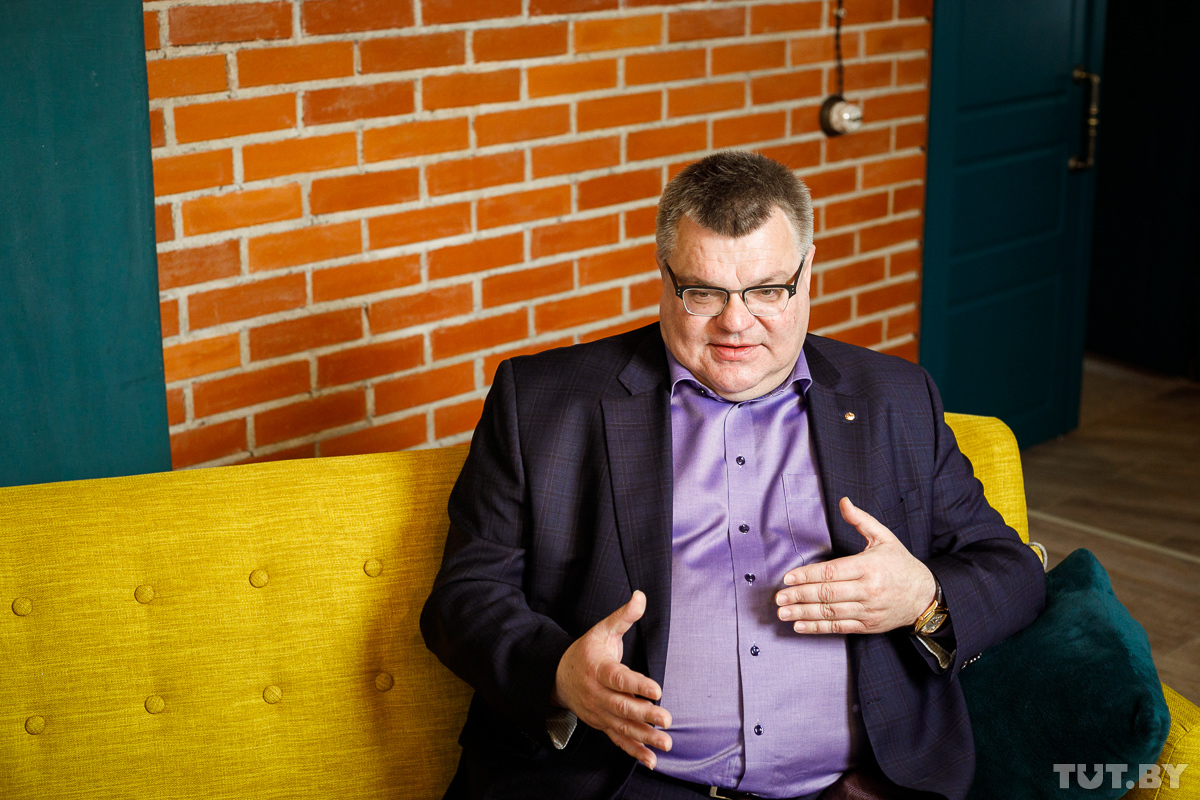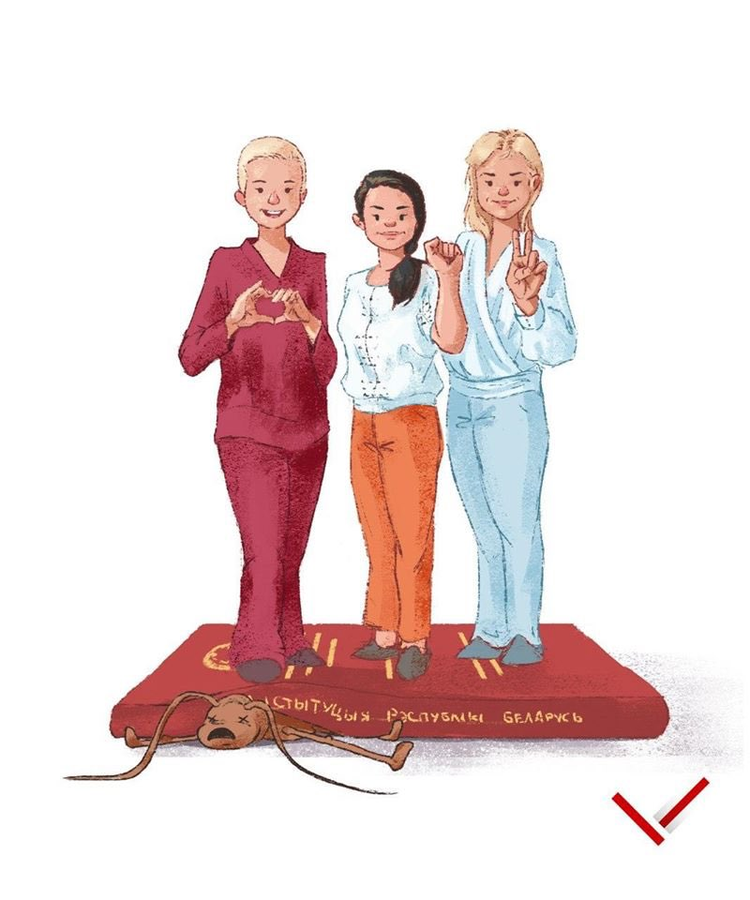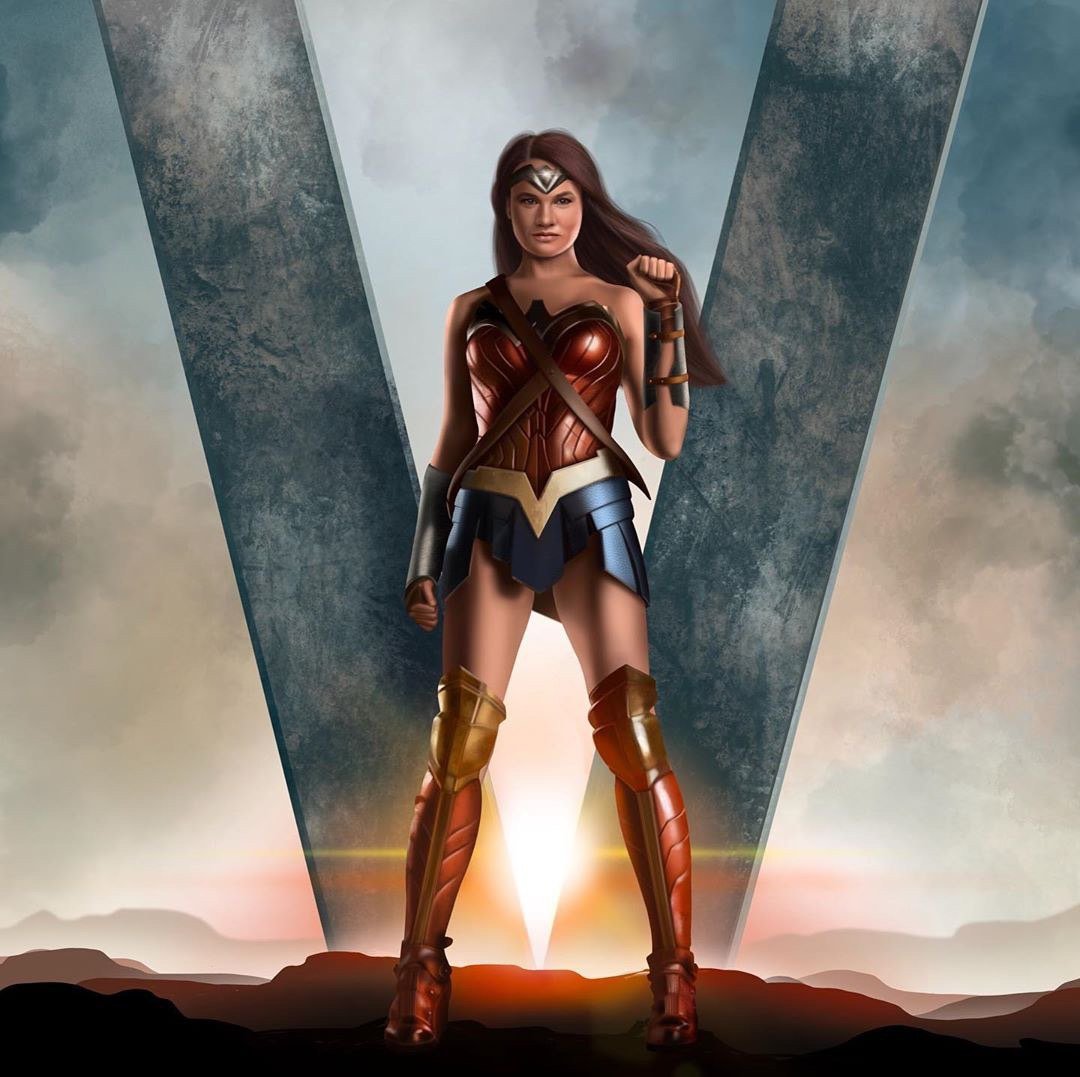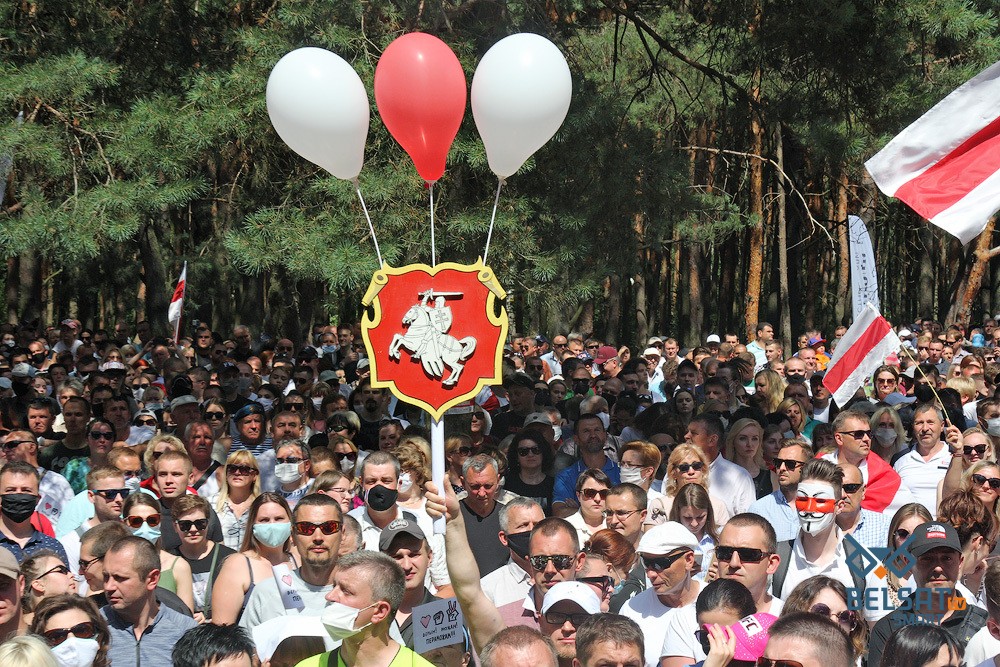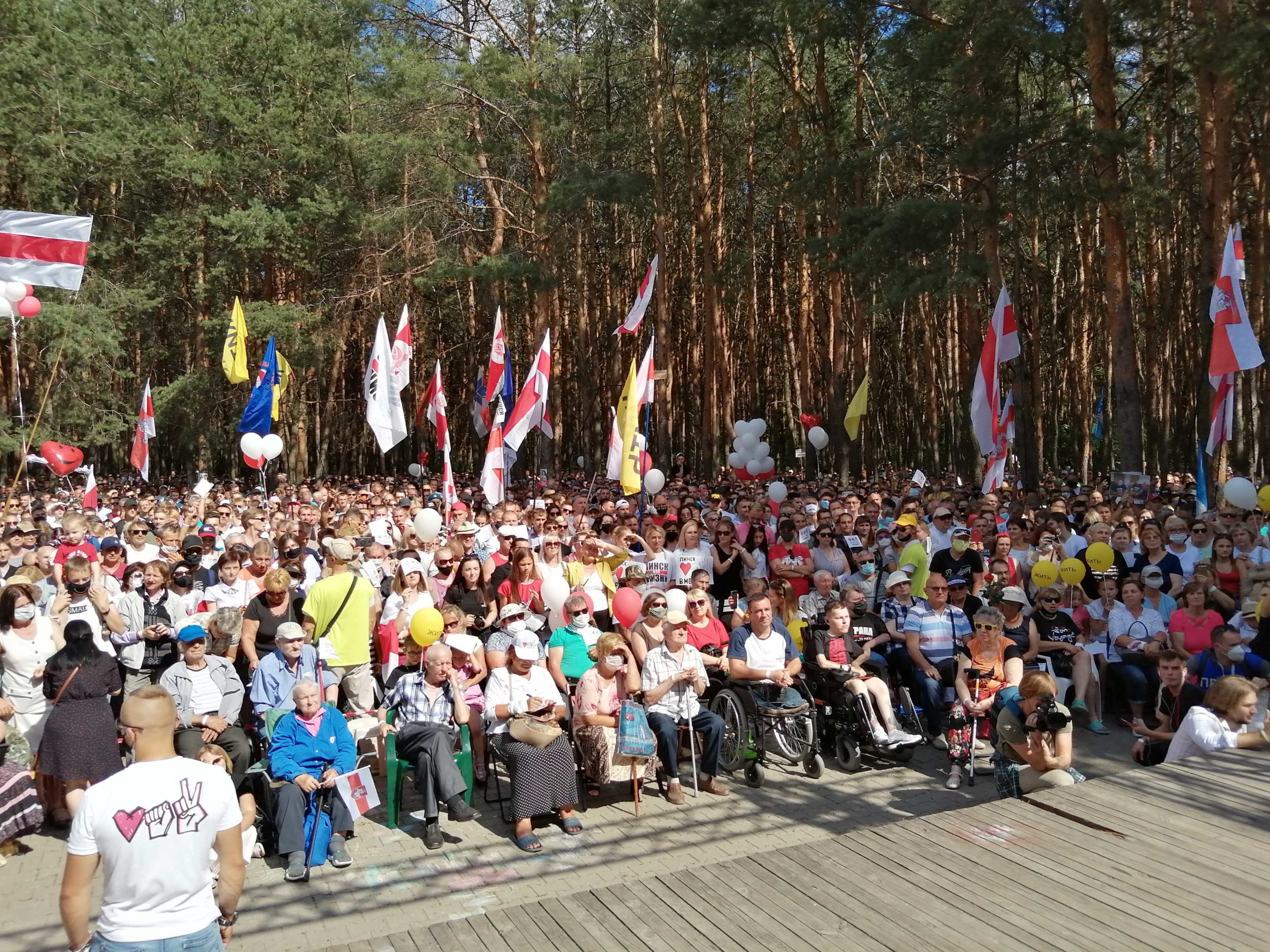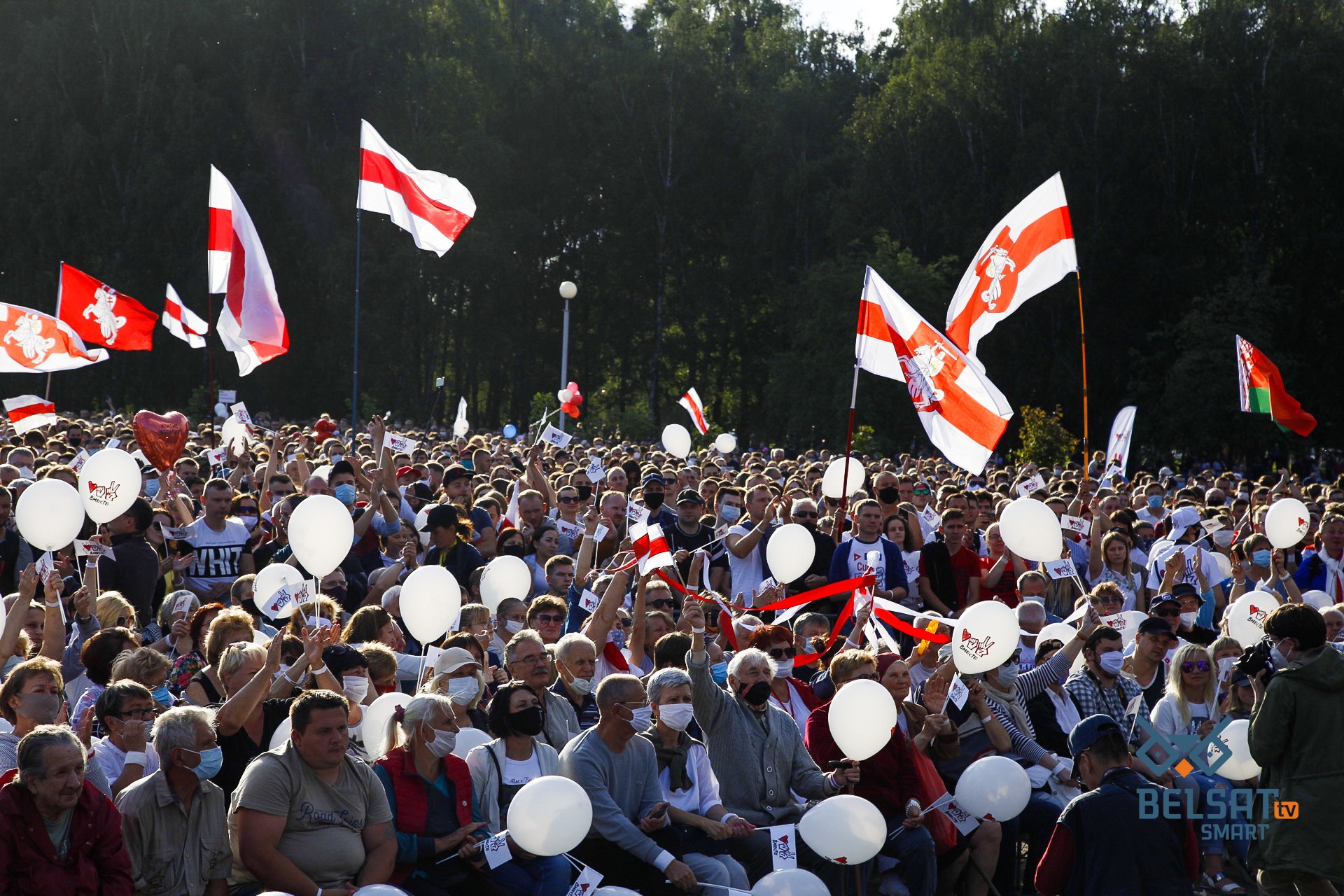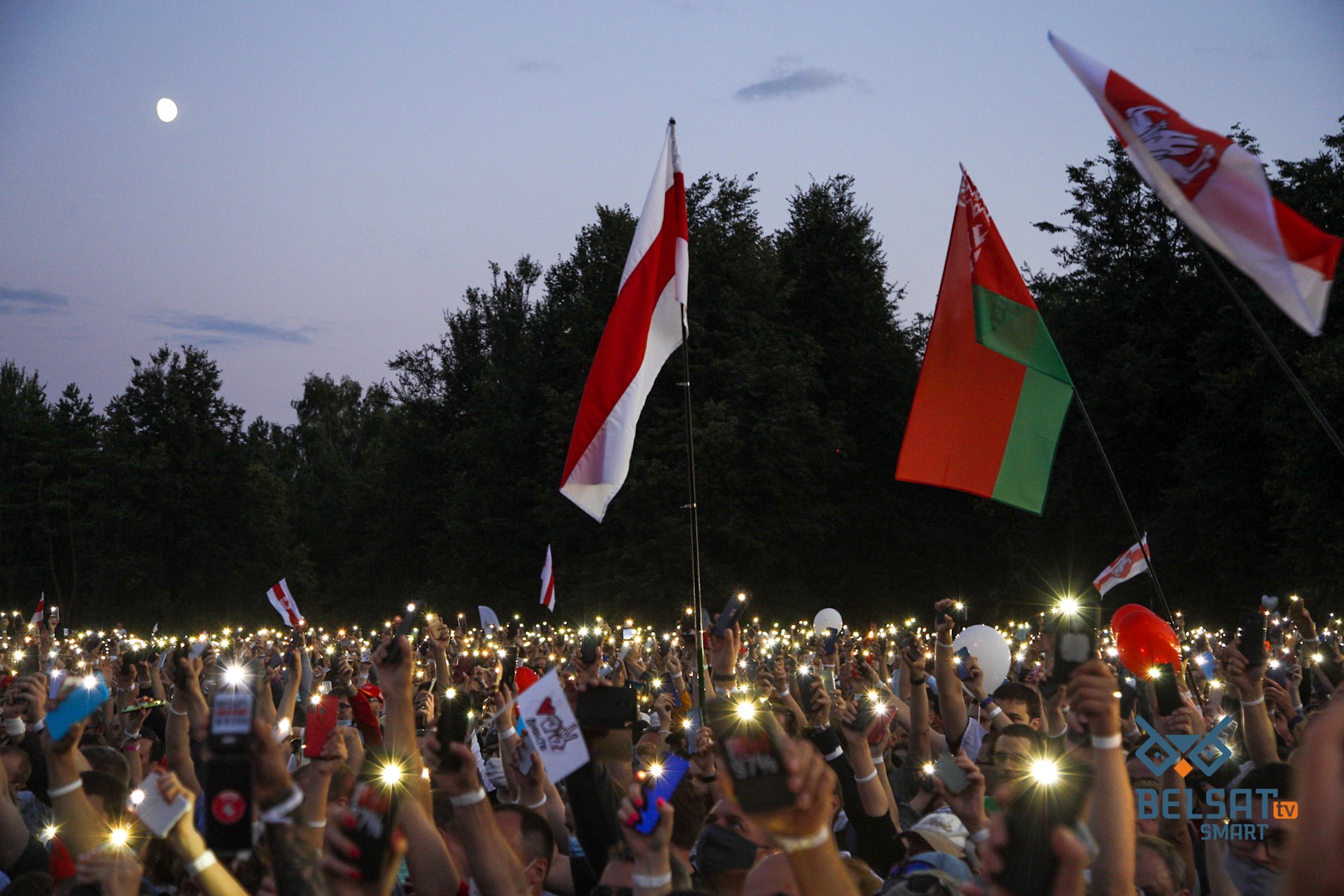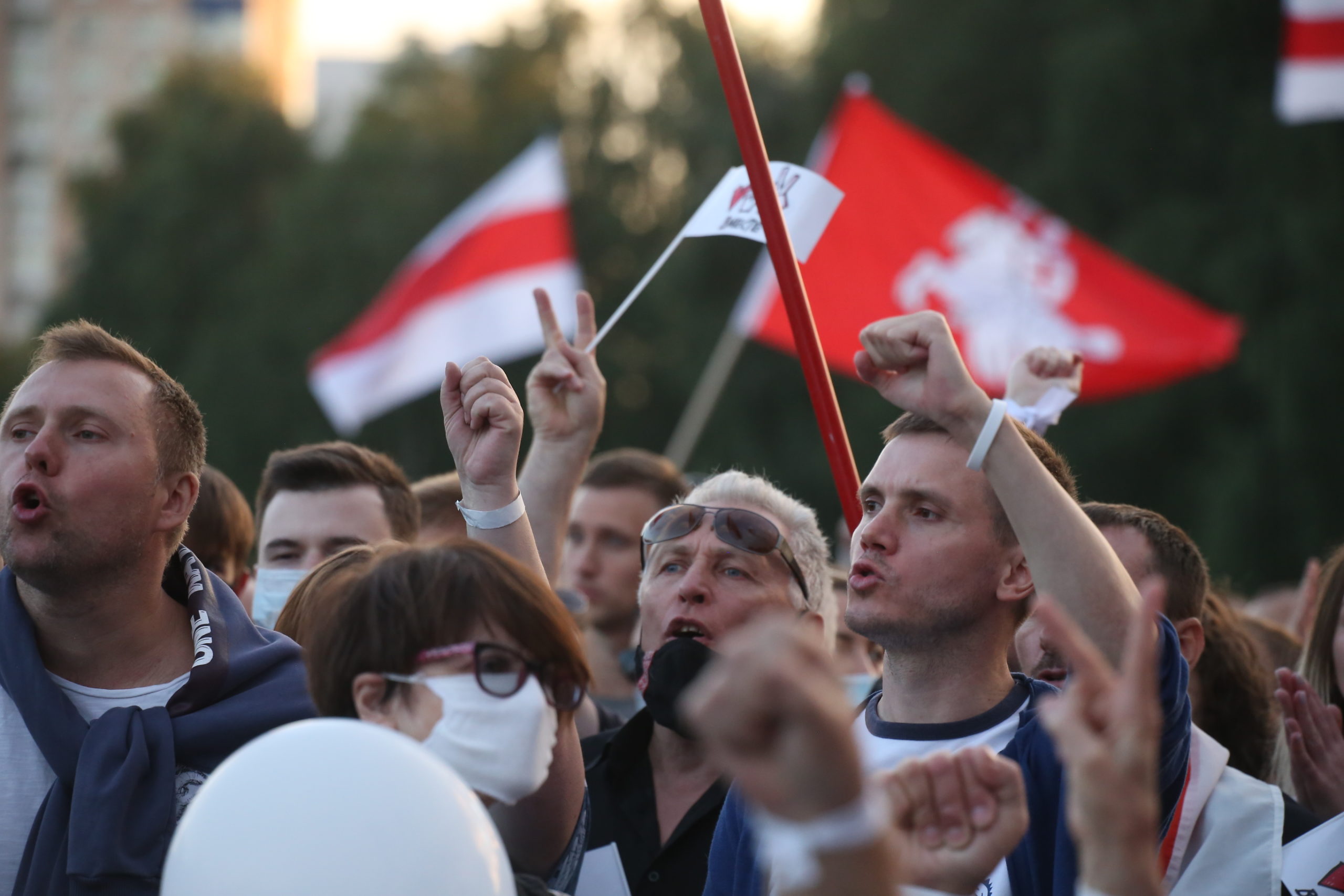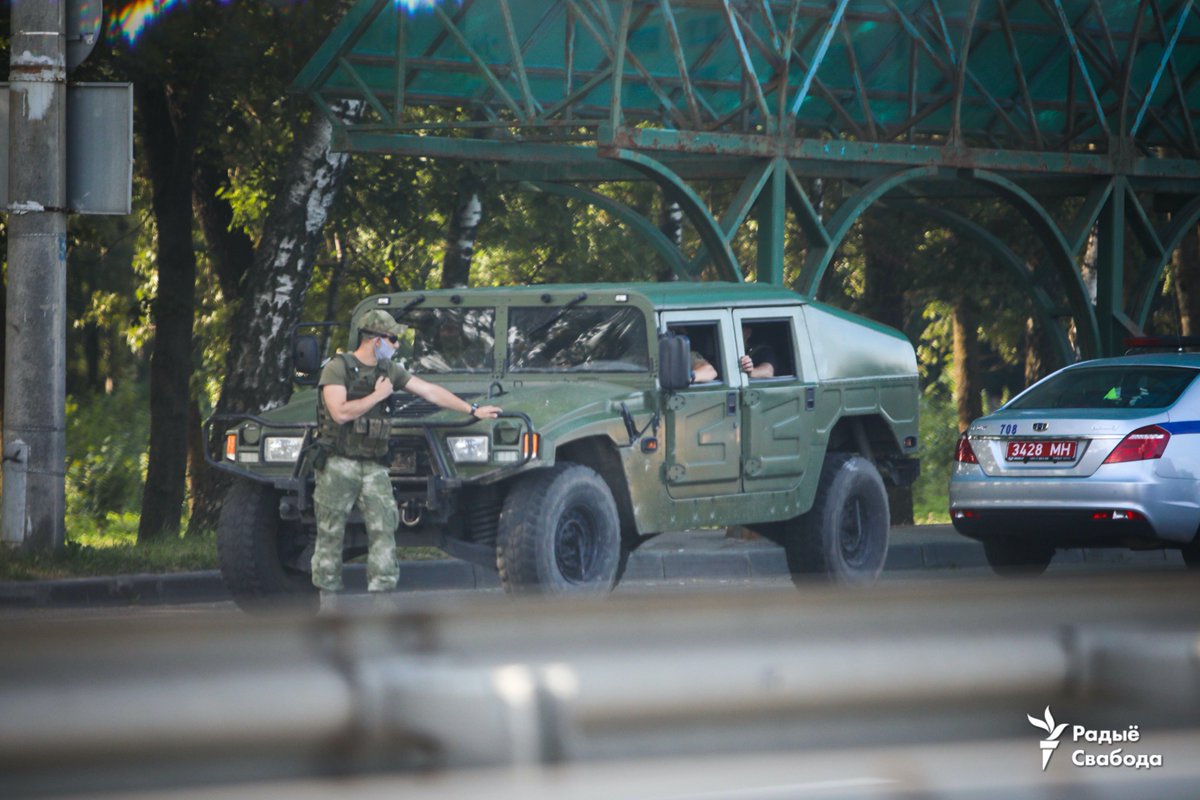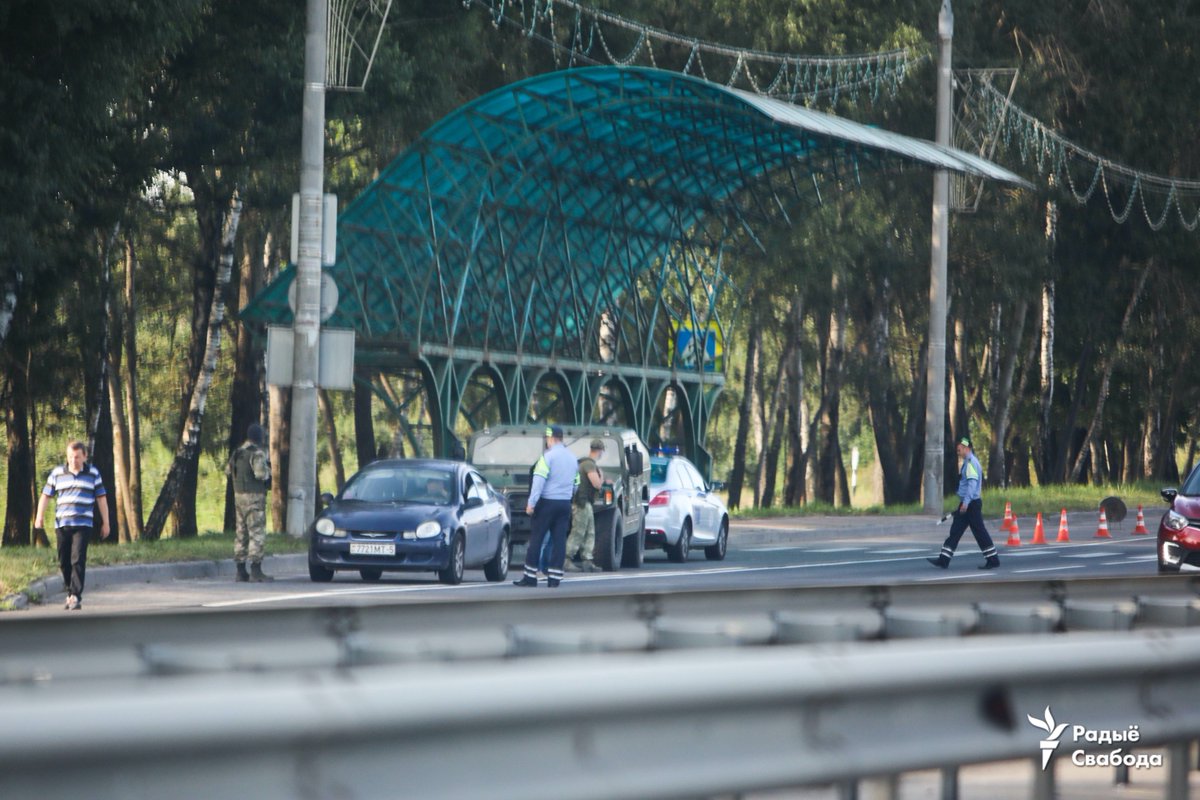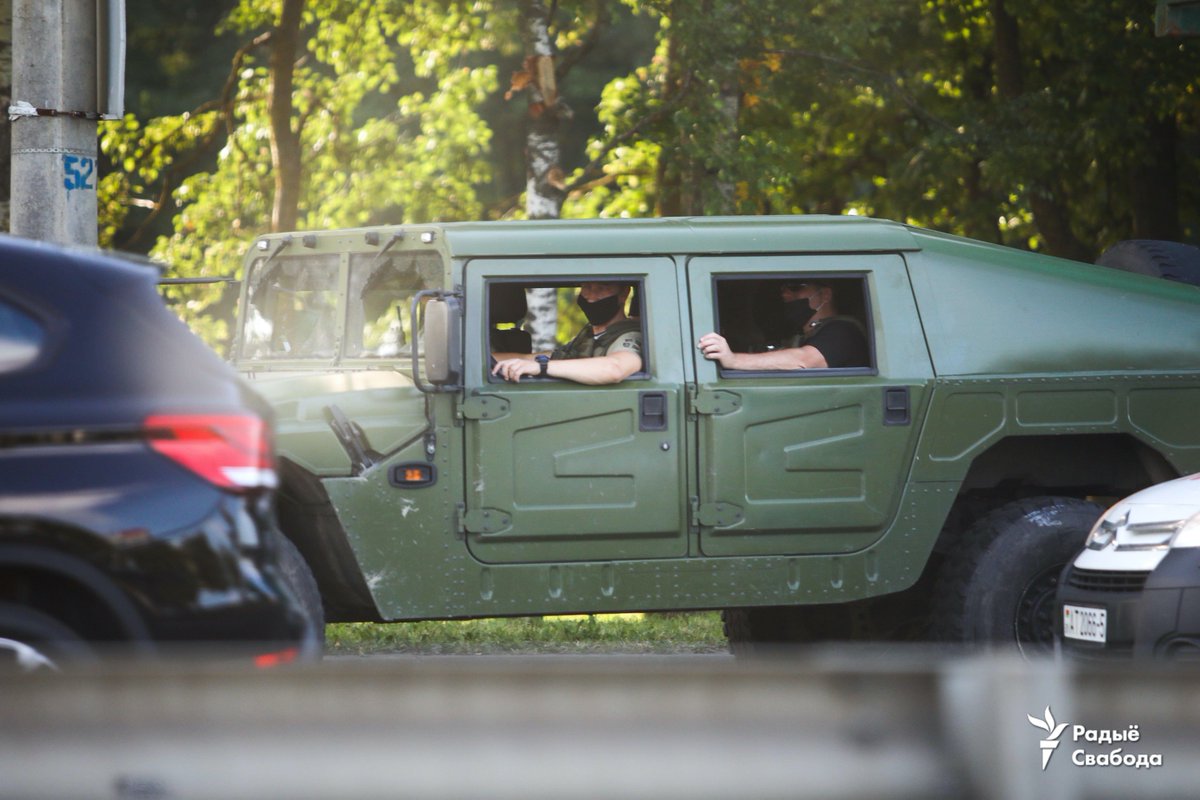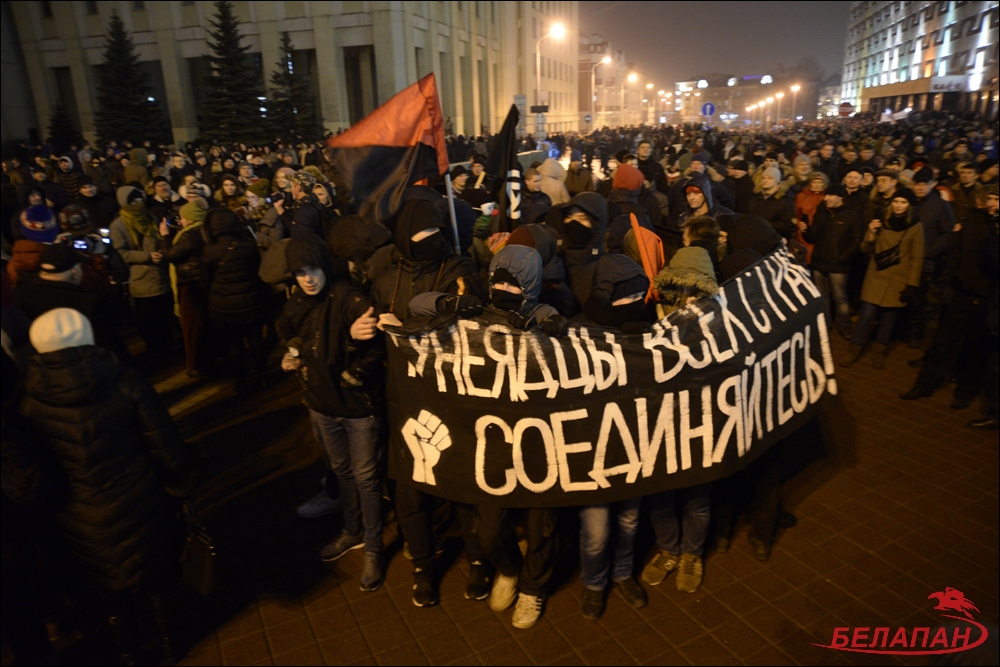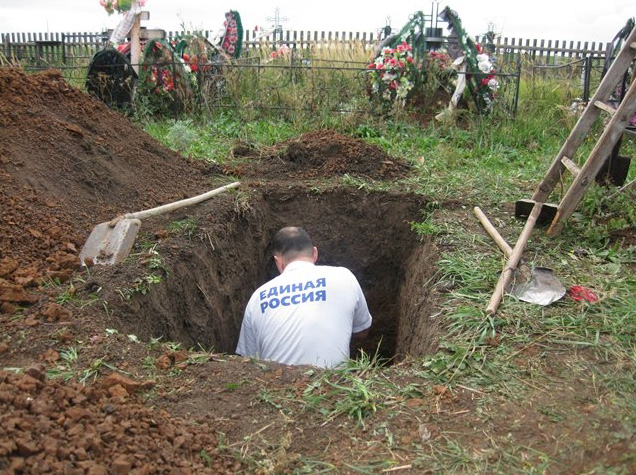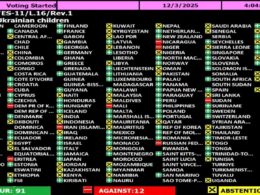Today is the day of the presidential election in my native Belarus. It is the sixth election in Belarusian history. Only the 1994 election was deemed free and fair, and votes in 2001, 2006, 2010, and 2015 were marred by electoral fraud and government repression.

When the election was announced in early May 2020, it was expected that they would closely resemble the vote of 2015. During it Lukashenka, in power in Belarus since 1994, ran against a crowd of extras who did not really present any threat to him.

It quickly emerged that Lukashenka would be challenged from an unexpected front. Not by the established opposition, mostly confined to identity politics, but by new figures - banker Viktar Babaryka, YouTube blogger Siarhei Tsikhanouski, and ex-diplomat Valery Tsapkala.
All these three challengers were ultimately eliminated from the race by the repressive state machine. Babaryka and Tsikhanouski got detained on dubious charges, and all three were ultimately not registered. But then an unexpected twist happened, which changed the race.
Sviatlana Tsikhanouskaya, the wife of the detained blogger, decided to run for the presidency in his place. And she was ultimately registered as a candidate, as the sexist incumbent did not expect that a woman, let alone a housewife can be a real challenge in this election.

On 14 July the Central Election Commission (CEC) registered Sviatlana Tsikhanouskaya as one of the 5 presidential candidates. Two other alternative candidates - Viktar Babaryka and Valery Tsapkala were disqualified on alleged procedural grounds.
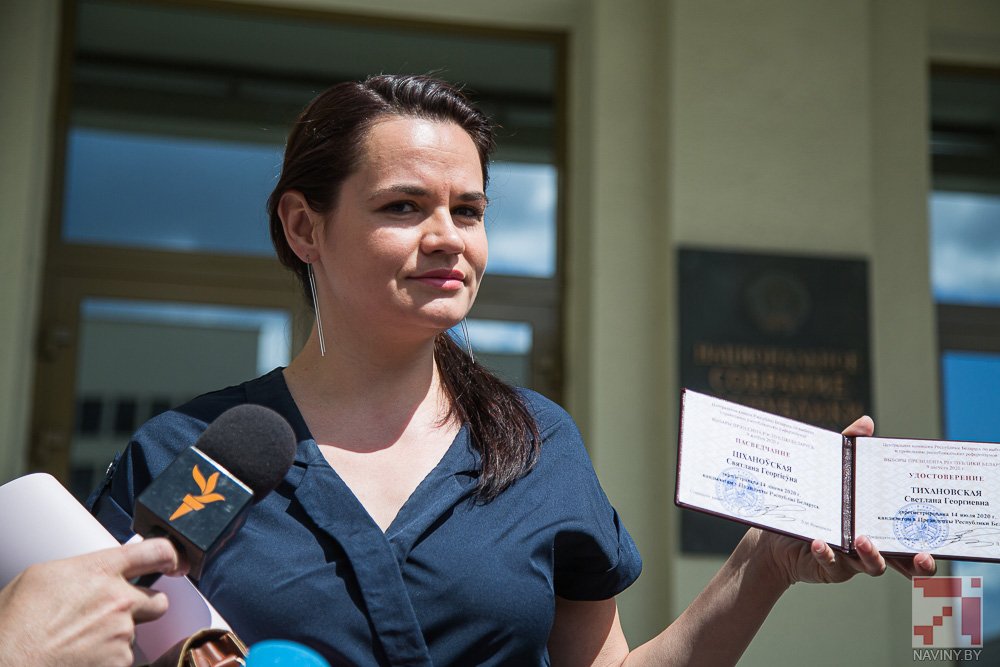
Two days later Sviatlana united forces with campaigns of Babaryka (with his campaign chief Maryia Kalesnikava in the photo on the left) and Tsapkala (with his wife Veranika on the right). This pulled together resources and people.

Social media in Belarus quickly responded to Tsikhanouskaya's candidacy - and her strongly feminist campaign, aided by other female politicians - with memes. And these memes clearly paint her as a favored candidate for those on the internet:
From late July Sviatlana and her team toured Belarus gathering massive crowds of supporters - with up to 70,000 in Minsk and up to 20,000 in regional cities. This is an unprecedented level of political mobilization in Belarus in recent decades:
Sviatlana's electoral program is simple:
- Release all the political prisoners.
- Hold a referendum on returning to the 1994 constitution, bringing back checks and balances to the political system.
- Hold a fresh presidential election within 6 months.
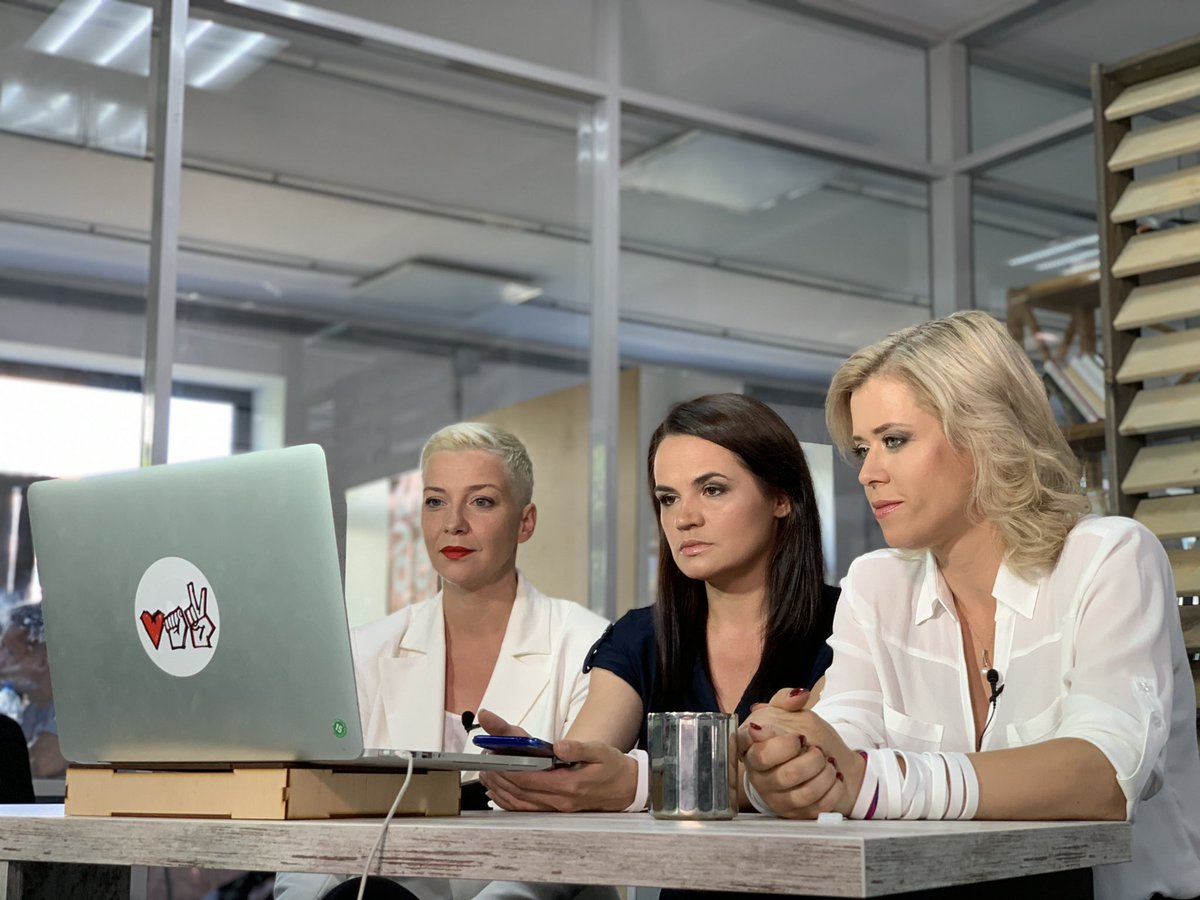
The Belarusian authorities resorted to the usual tactics: they disrupted Sviatlana's campaign events in the past week, detained protesters, and declared turnout of 41.7% in the 5 days of early voting (a method of electoral rigging).

Political opinion polls are banned in Belarus, therefore we do not know the electoral sentiment. But based on large protest support for Tsikhanouskaya, it looks as incumbent Lukashenka enjoys no more than 20-25% (or less!) support - mostly the loyalists and the siloviki.
In a free and fair election, Sviatlana Tsikhanouskaya would probably emerge as a winner. But Belarus being Belarus, I expect that the CEC will declare Lukashenka as the winner of the election, with some 70-75% of the vote. Such a result will be a complete fabrication.
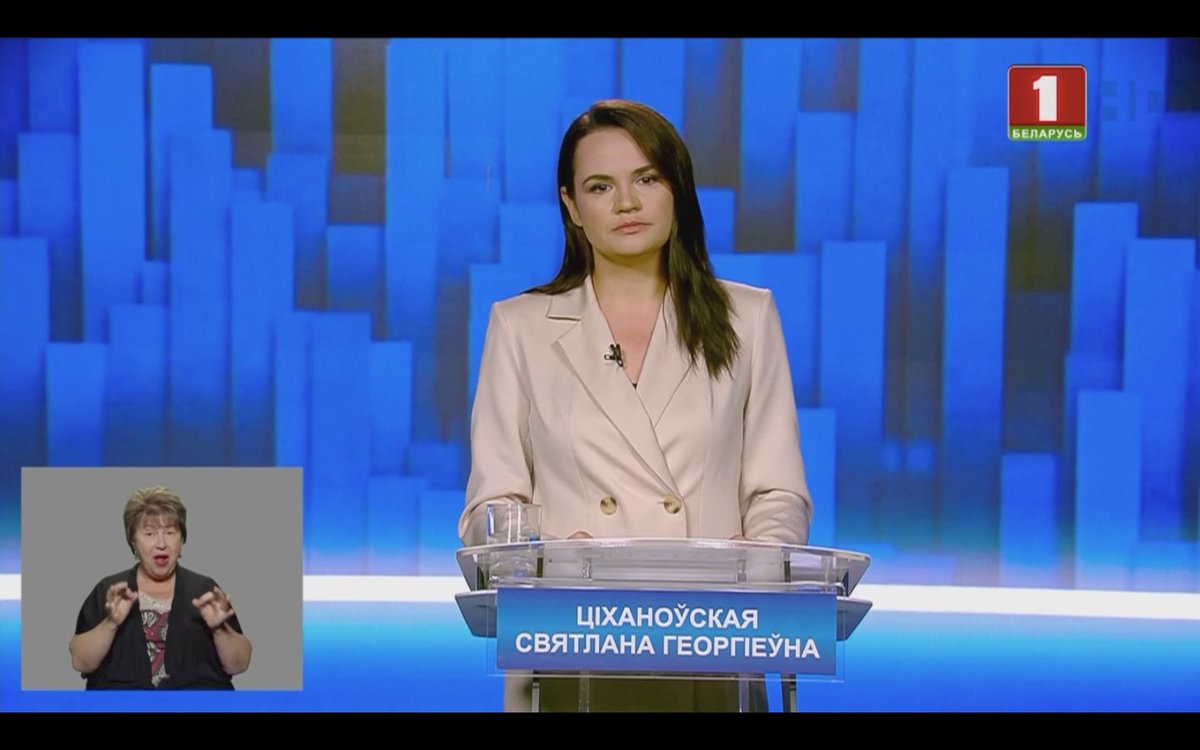
So the big question is what happens in the days after the election. Protests are likely, but the police are likely to use force to disperse and detain protesters in large numbers. There are already reports of military vehicles on the streets of Minsk:
If there is significant violence by the police and security services against peaceful protesters in Minsk and other cities in Belarus, this will likely lead to calls for Western countries (EU, US, etc) to re-introduce sanctions against Lukashenka and his regime.
If new Western sanctions against Belarusian leadership emerge, Lukashenka's victory will become a Pyrrhic one, as it will weaken him in any negotiations with Russia. Putin is likely to push for more concessions, including further political integration & military bases.
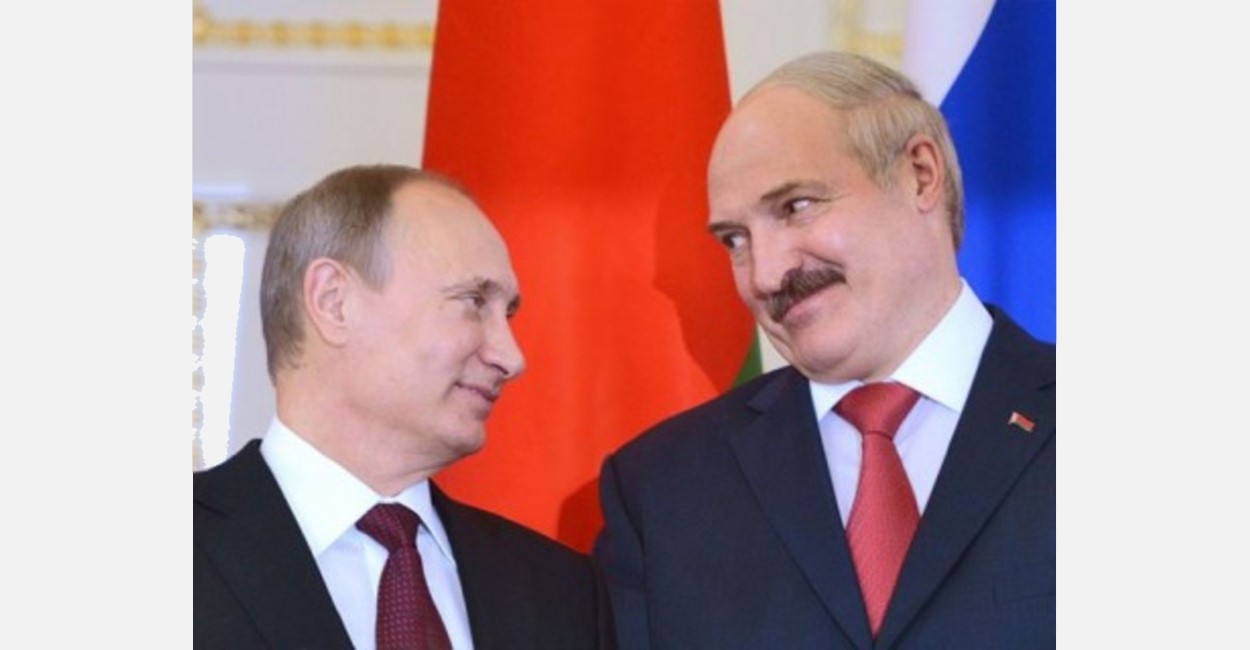
So by keeping power in Minsk in this year's sham "election," Lukashenka is actually likely to lose out as Belarusian sovereignty will likely be eroded further by the Union State of Russia and Belarus.

An alternative scenario, albeit less likely: if Belarusians do not stop the resistance despite the government repression, and continue with non-violent but longer-term resistance, through strikes and peaceful protests. This will crack the elites, eroding Lukashenka's power.
First of all, this is a great cinematic story—a woman, an ordinary English teacher, challenging brutal strongman Lukashenka. Candidate by accident, she appeals to ordinary people. She says I don't want to be president. I just want free elections and my husband back from prison. pic.twitter.com/J19NmQhSvq
— Franak Viačorka (@franakviacorka) July 30, 2020
Under this scenario, a "Velvet Revolution" similar to that of Armenia in 2018, can emerge, with groups of the elites - and siloviki - withdrawing their support for Lukashenka, and switching side to the popular sentiment. However, I think that this scenario is less likely.
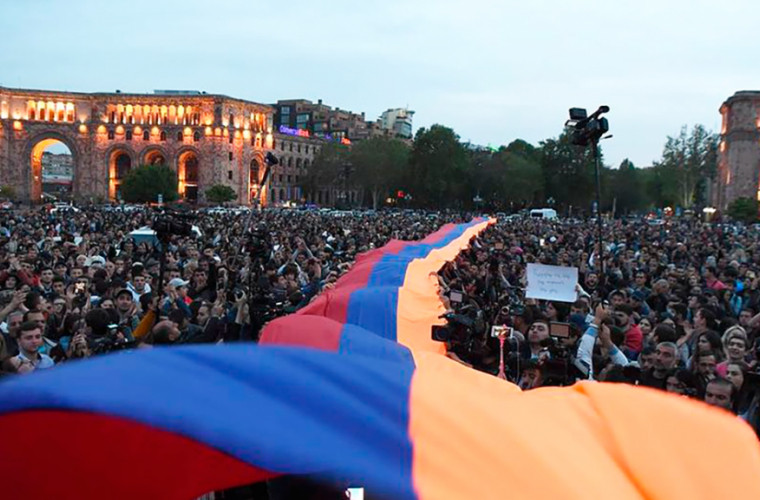
My hope for the next few days is that there is no excessive police violence on streets of Minsk and other cities, and that no blood will be shed. Belarus deserves a better future than the one offered by the current repressive state built by Lukashenka in the past 26 years.


Read also:
- Russian occupation administrations in Donbas recruit militants for action at Belarusian-Russian border – NGO
- A Russian power scenario during the Belarusian elections?
- Belarus election: why strongman Alyaksandr Lukashenka faces unprecedented resistance
- Confessions of an ex-riot policeman from Belarus
- Russian Wagner mercenaries arrested in Belarus: ‘little green men’ scenario, fighters in transit, or other?
- Belarusian police join #NotMyPresident flashmob amid continued rallies for Lukashenka’s rivals
- Elections in Belarus: Lukashenka’s rival and his son detained on secretive charges
- At least 240 arrested in Belarus protests against barring of opposition candidates (photos, videos)



